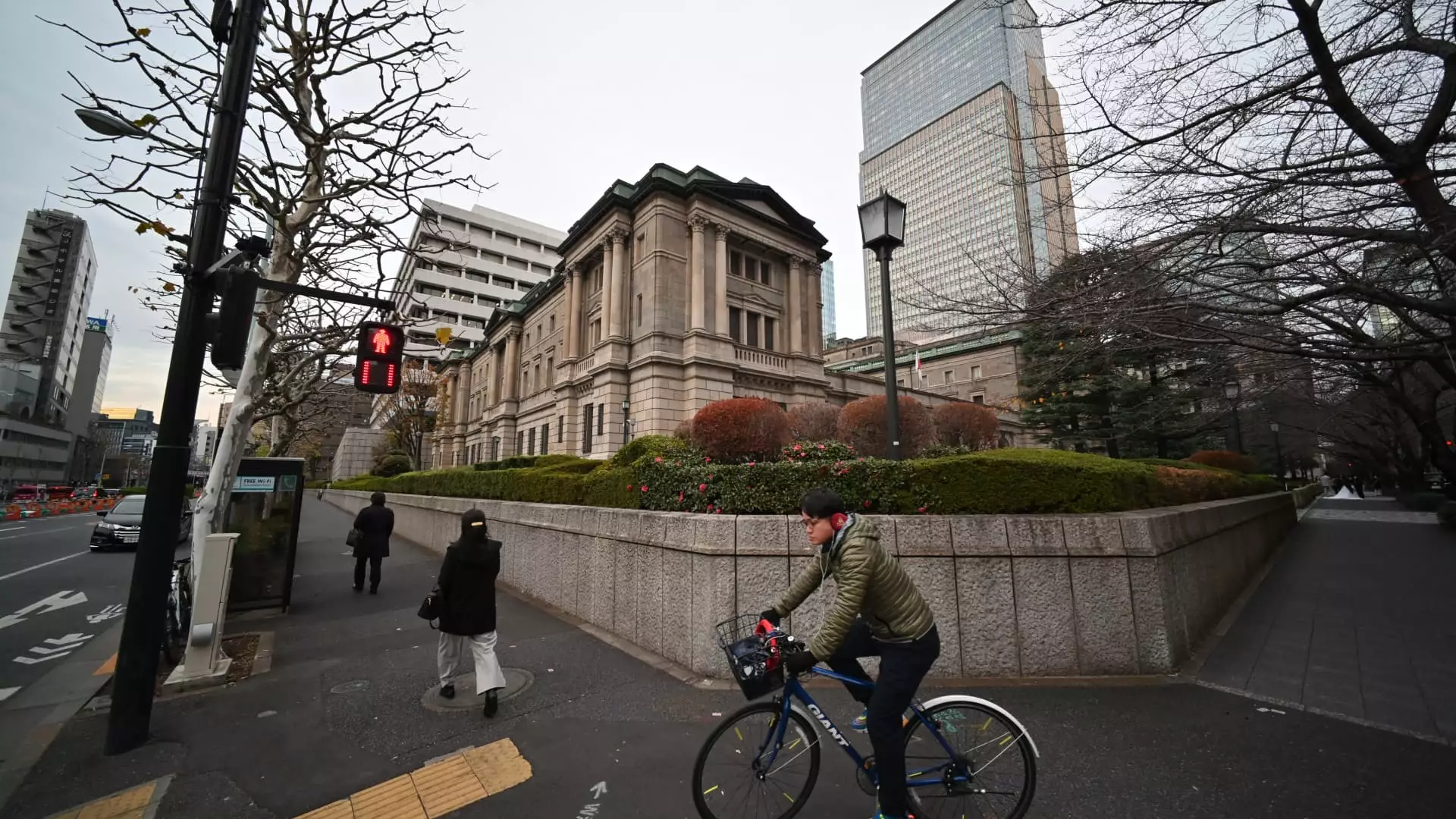Japan’s central bank recently announced an increase in its benchmark interest rate, moving it to “around 0.25%” from the previous range of 0% to 0.1%. This marks the highest interest rates set by the Bank of Japan since 2008. Despite this increase, the central bank expects that real interest rates will remain “significantly negative” and states that “accommodative financial conditions will continue to firmly support economic activity.”
In addition to the interest rate increase, the Bank of Japan outlined its plan to taper its bond buying program. The central bank intends to reduce the monthly outright purchases of Japanese government bonds to about 3 trillion yen ($19.64 billion) per month in the January to March 2026 quarter. This marks a significant reduction from the previous amount of around 6 trillion yen per month. The BOJ plans to cut the total JGB holdings by about 7% to 8% by the 2026 fiscal year.
Economic Outlook
The Bank of Japan forecasts that the core inflation rate, excluding prices of fresh food, will reach 2.5% by the end of the 2024 fiscal year. The central bank expects inflation to be around 2% for the 2025 and 2026 fiscal years. It also stated that it will continue to raise the policy interest rate and adjust the degree of monetary accommodation based on its economic outlook. Japan’s fiscal year ends on March 31, with the 2024 fiscal year ending on March 2025.
Following the Bank of Japan’s decision, both the Nikkei 225 and the Topix experienced gains, with increases of 0.28% and 0.51% respectively. Additionally, the Japanese yen marginally strengthened to 152.72. The central bank noted that Japan’s economic activity and prices have been developing as expected since April. Moves to raise wages have been observed in both large and small firms, with the largest wage hike in 33 years reported by the Japanese Trade Union Confederation.
Business fixed investment has been on a moderate increasing trend, and corporate profits have been improving according to the Bank of Japan. Despite the impact of price rises, private consumption has remained resilient. The central bank slightly lowered its GDP growth forecast for the 2024 fiscal year due to previously announced downward revisions. However, GDP and inflation expectations for the 2025 and 2026 fiscal years have remained largely similar.
The Bank of Japan’s decision to raise interest rates and taper its bond buying program reflects its commitment to managing the country’s economic outlook. With a focus on maintaining accommodative financial conditions and supporting economic activity, the central bank is prepared to make nimble responses to ensure stability and growth in the future.

Leave a Reply